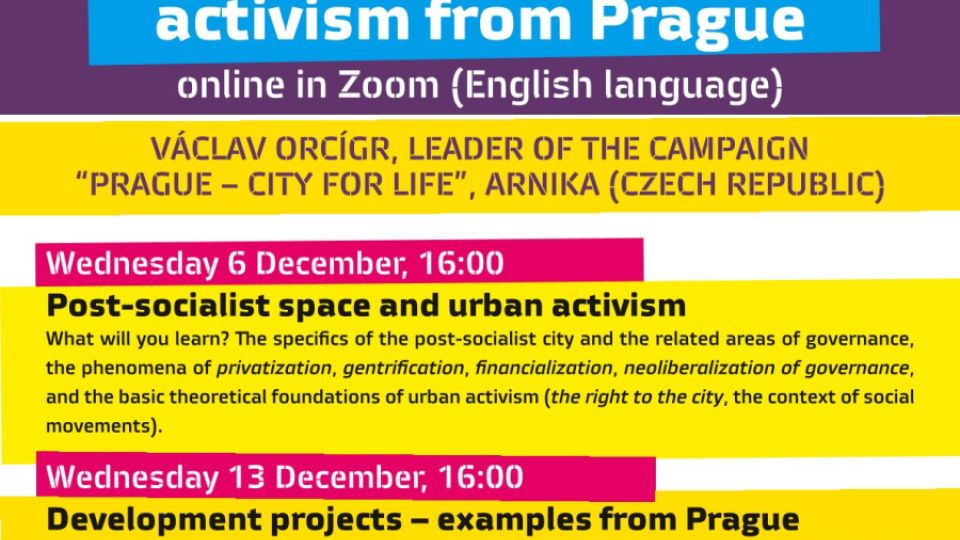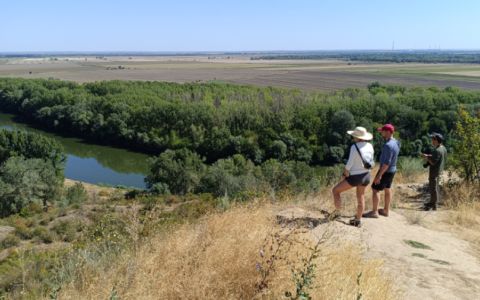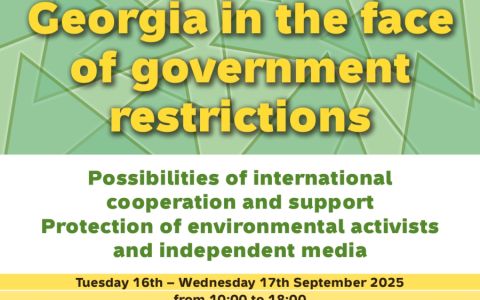Two interrelated lectures focus on the situation in the field of spatial development, planning and development in Prague. They combine the theoretical and practical levels of the problem, in other words, they bring both an academic perspective and the perspective of an activist who has been involved in the topic for a long time. The introductory lecture aims to present more general frameworks based on the theoretical understanding of the post-socialist space (the specifics of the post-socialist city and the related areas of governance, the phenomena of privatization, gentrification, financialization, neoliberalization of governance, etc.) and the basic theoretical foundations of urban activism (the right to the city, the context of social movements). The description of the field of actors who speak into the public debate on the development and planning of the city and participate in decision-making will be developed on the space of Prague thus delineated, and the role of urban social movements and NGOs will be portrayed. The typology of urban activism will be complemented by a description of common strategies. The second lecture will focus specifically on particular cases of development in Prague (specifically the construction near Masaryk Train Station, the transformation of Prague's brownfields, the problem of high-rise buildings and downtown development, etc.) that have generated specific controversies and sparked debate about the way decisions about the city are made, and also about the principles of sound urbanism and the protection of public interests, and in which private investors have played a key role. The aim of the lectures is mainly to present the situation of urban activism in Prague and to share experiences from specific cases, and on their basis to develop a discussion with Georgian activists and to find possible intersections or discuss the chosen strategies.








